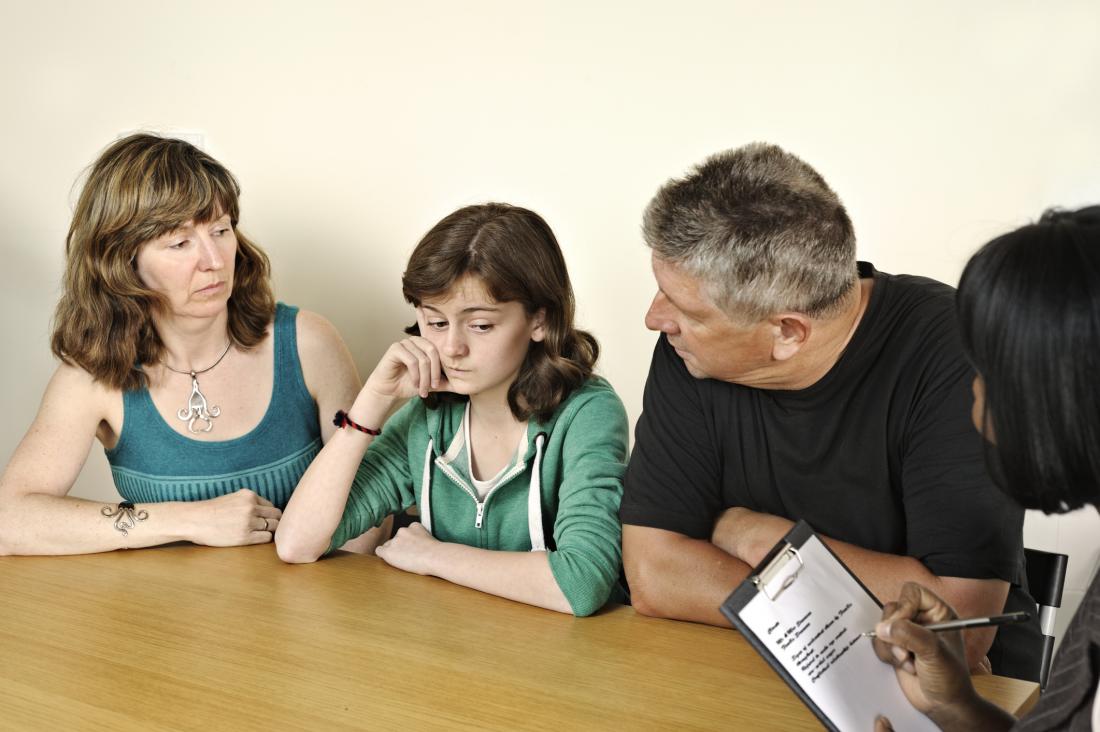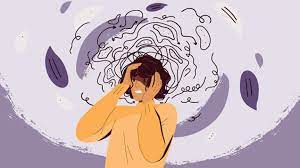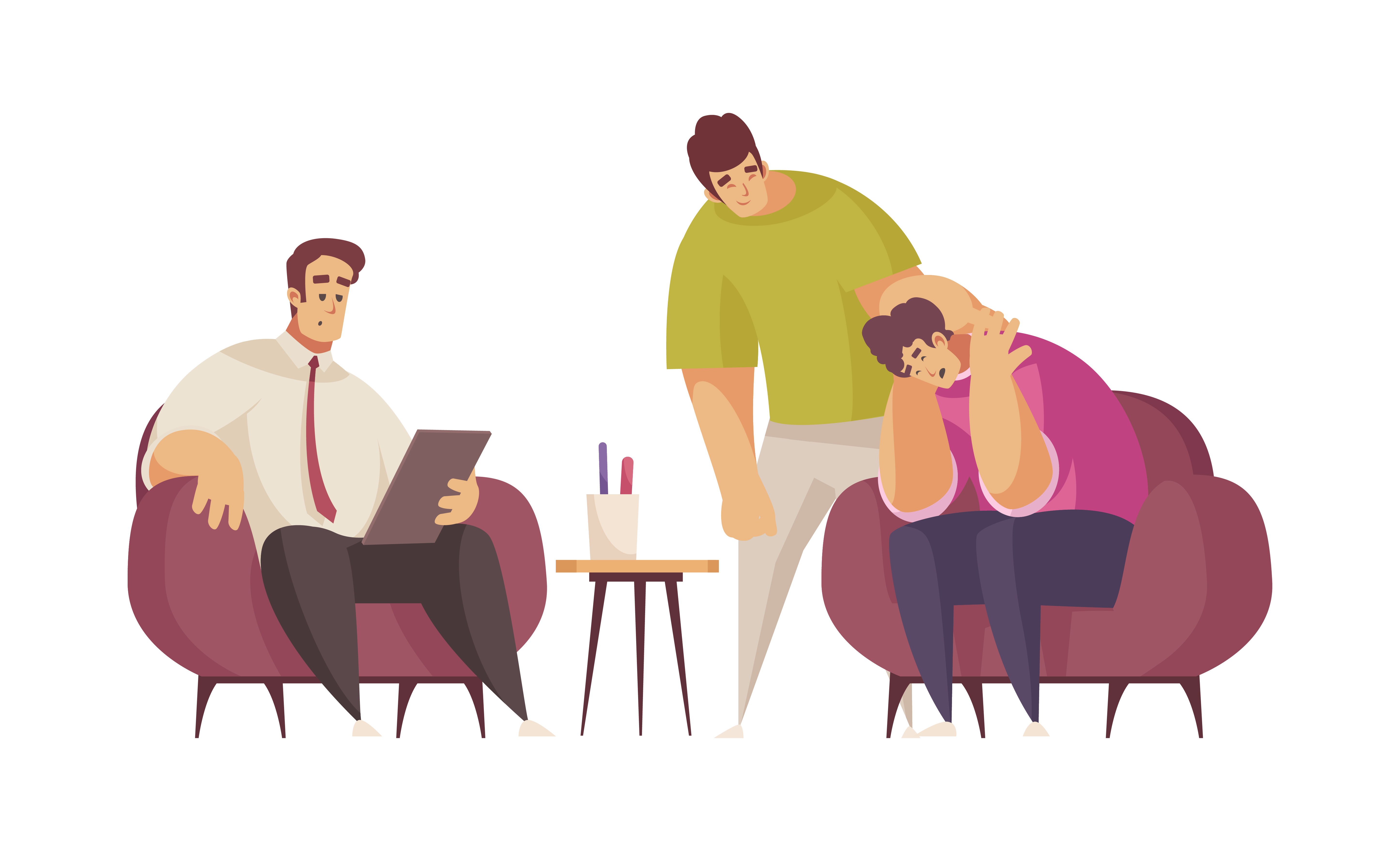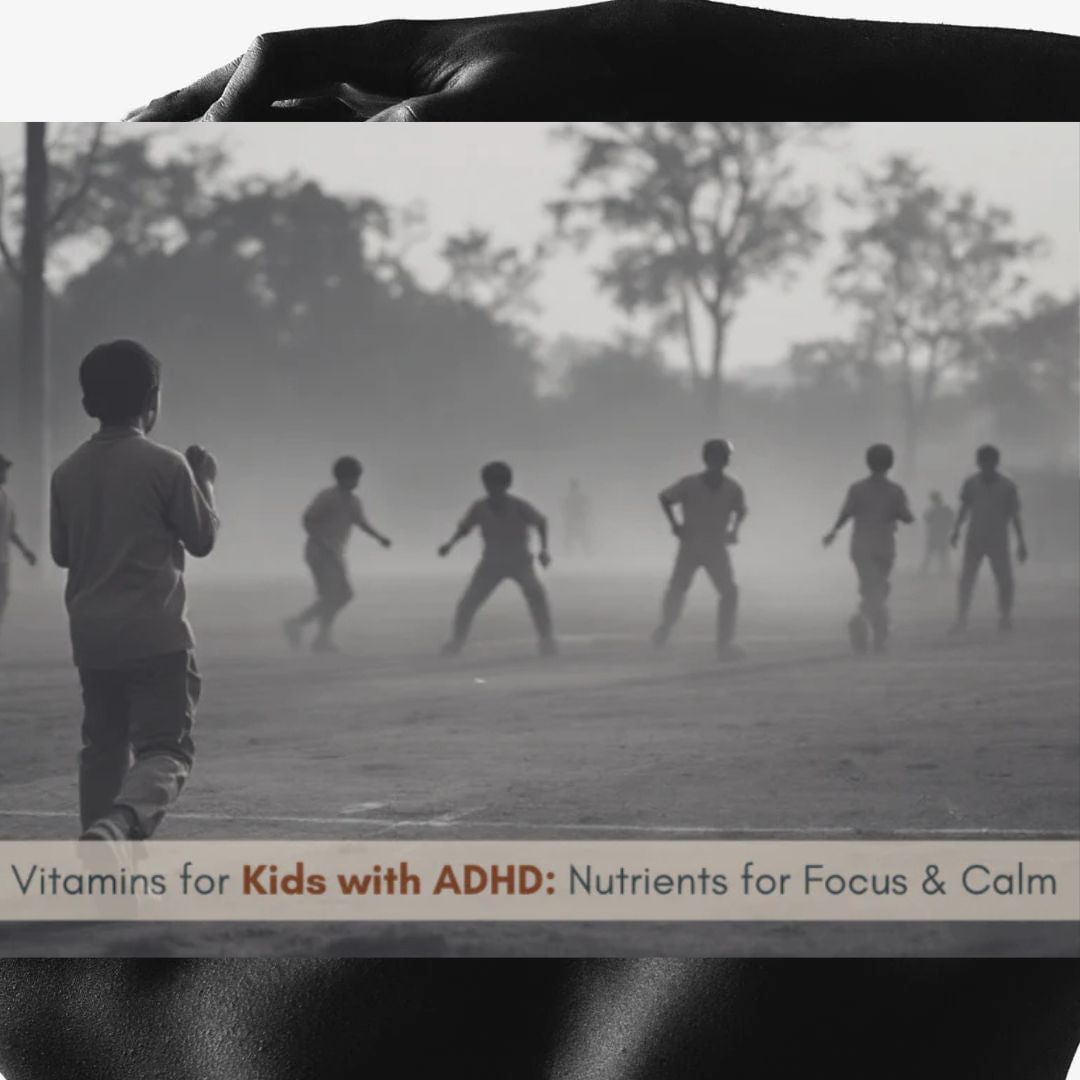Disruptive Behavior Disorder Texas | ADHD Treatment Experts

Disruptive behavior disorders are among the most concerning and often misunderstood mental health conditions affecting children, adolescents, and sometimes adults. In Texas, mental health providers are seeing increasing numbers of families seeking answers and support for behavioral issues that go beyond typical developmental challenges. A diagnosis of Disruptive Behavior Disorder in Texas often includes conditions like Oppositional Defiant Disorder (ODD) and Conduct Disorder (CD), which can severely impact relationships, academic performance, and future development if left untreated. In many cases, these disorders are closely related to attention-deficit/hyperactivity disorder, making integrated care essential. As a result, quality ADHD treatment in Texas plays a significant role in successfully managing and reducing the symptoms of disruptive behaviors.
✍️ Confused about the differences between inattentive and hyperactive ADHD? Our guide on ADHD types explains each presentation clearly, helping parents and individuals recognize symptoms early and seek proper treatment.
Understanding Disruptive Behavior Disorder
Disruptive Behavior Disorder (DBD) refers to a group of behavioral conditions characterized by consistent patterns of hostile, defiant, disobedient, or aggressive behavior. Children or adolescents with DBD often have frequent emotional outbursts, disregard authority figures, and struggle to follow rules or respect boundaries. These behaviors are not occasional or situational but occur regularly and severely enough to interfere with school, home life, and peer relationships. In many Texas clinics, DBD is diagnosed using comprehensive behavioral assessments and clinical interviews, often revealing co-occurring conditions such as ADHD, depression, or anxiety that must be treated simultaneously for effective results.
The Link Between DBD and ADHD
Many individuals with DBD also meet the criteria for attention-deficit/hyperactivity disorder. The impulsivity, hyperactivity, and poor emotional regulation associated with ADHD often worsen the severity of disruptive behavior symptoms. As such, integrated care approaches that combine ADHD treatment in Texas with therapy for DBD have shown the most promising outcomes. By addressing both conditions concurrently, clinicians can help patients develop stronger coping mechanisms, improve focus, reduce aggression, and build positive relationships. This dual-focus treatment model is especially critical for children who are at risk of falling behind in school or experiencing social isolation due to their behavioral symptoms.
Diagnostic Process and Early Intervention
The process of diagnosing Disruptive Behavior Disorder in Texas typically begins with input from parents, teachers, and caregivers. Behavioral checklists, school reports, and structured clinical observations help mental health professionals gain a full understanding of a child’s conduct across different settings. Early intervention is key. In Texas, more pediatricians and mental health clinics are training staff to recognize the early signs of DBD so that treatment can begin before problems escalate. This proactive approach not only improves long-term outcomes but also gives families a sense of control and hope during what can be a very stressful time.
Treatment Options in Texas
Effective treatment for Disruptive Behavior Disorder in Texas includes a blend of evidence-based approaches tailored to each individual. Cognitive Behavioral Therapy (CBT), parent-child interaction therapy, and social skills training are commonly used to help children learn to regulate their emotions, understand consequences, and develop empathy. Family therapy can also play a vital role, giving parents tools to manage outbursts and set healthy boundaries. When DBD co-occurs with ADHD, treatment plans often include medication such as stimulants or non-stimulant ADHD medications. Clinics specializing in ADHD treatment in Texas provide closely monitored medication plans to ensure safety and effectiveness, especially for younger patients.
Support for Parents and Educators
Living with or teaching a child who has DBD can be emotionally exhausting and overwhelming. That’s why mental health professionals in Texas emphasize the importance of involving parents and educators in the treatment process. Parent training programs are widely available throughout the state, providing step-by-step guidance on behavior management techniques. Schools are also encouraged to implement Individualized Education Plans (IEPs) and behavioral interventions that help students stay on track academically and socially. These collaborative efforts, supported by mental health experts, ensure that children receive consistent reinforcement both at home and in the classroom.
Access to Care Across Texas
Texas is home to a broad network of mental health providers, yet access to high-quality care can still be a challenge, especially in rural or underserved areas. Fortunately, teletherapy and mobile mental health services are expanding, making it easier for families across the state to connect with specialists. Parents seeking help for Disruptive Behavior Disorder can now access virtual assessments, therapy sessions, and medication management from the comfort of their home. Leading providers of ADHD treatment in Texas are also adapting to these new models of care, offering flexible options that reduce travel time and increase continuity of care.
Long-Term Outlook and Continued Support
While Disruptive Behavior Disorder can be intense and difficult to manage, long-term improvement is entirely possible with early, consistent, and compassionate care. Children who receive therapy and ADHD treatment early are more likely to develop healthy emotional responses, perform better academically, and maintain stronger peer relationships. For teens and adults with lingering symptoms, continued counseling and medication support may be necessary, but the outcomes can be transformative. Clinics across Texas remain committed to empowering individuals and families to overcome the challenges of DBD and build a more stable, connected life.
Conclusion
Disruptive Behavior Disorder is a serious condition that requires immediate attention and a multi-dimensional treatment plan. In Texas, families now have access to a wide range of mental health resources dedicated to behavioral health, including clinics that specialize in ADHD treatment. By combining therapeutic strategies with clinical support, patients of all ages can find the tools they need to regulate emotions, improve relationships, and thrive in daily life. If your family is facing the challenges of disruptive behavior, help is available—and healing is possible with the right guidance and support.
Note: IndiBlogHub features both user-submitted and editorial content. We do not verify third-party contributions. Read our Disclaimer and Privacy Policyfor details.







